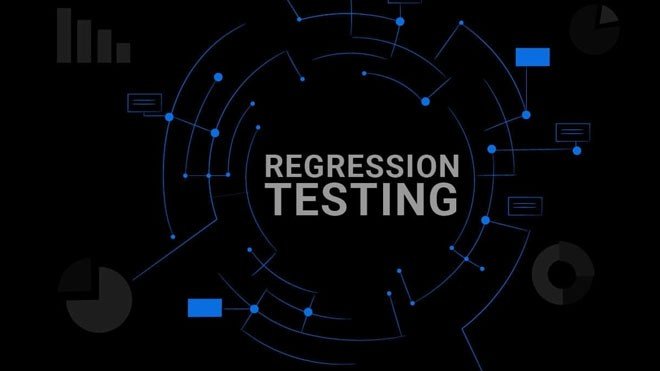
Regression Testing
Regression testing is a type of software testing that ensures recent code changes, such as new features, bug fixes, or updates, do not negatively impact the existing functionality of an application. It helps verify that the software's behavior remains consistent and that no new issues have been introduced in parts of the system that were previously working correctly.
Key Objectives of Regression Testing
 Verify functionality
Verify functionality
Ensures that previously functioning features still work after updates or changes.
 Detect side effects
Detect side effects
Identifies any unintended consequences of new code changes.
 Maintain Product Quality
Maintain Product Quality
Helps in maintaining a stable product throughout its development lifecycle.



